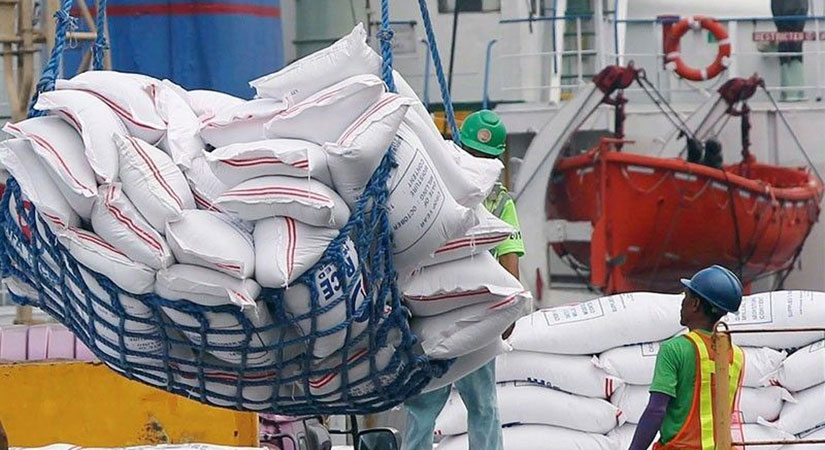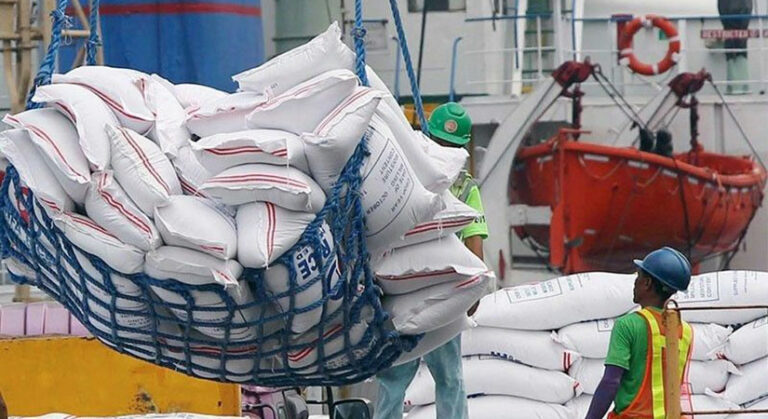The Bureau of Customs (BoC) is relying on the reinstated excise tax on pickup trucks and a potential gradual increase in tariffs on rice imports to offset the revenue lost due to Executive Order (EO) No. 62, according to Assistant Commissioner Vincent Philip C. Maronilla.
EO 62 reduced import levies on rice, electric vehicles (EVs), pork, corn, and mechanically deboned poultry meat, resulting in P30 billion in revenue foregone for the BoC, causing it to miss its P939.6-billion collection target last year. Mr. Maronilla explained that the measures could help mitigate the fiscal impact of EO 62.
Measures to Offset Revenue Loss
The BoC is counting on the reinstated excise tax on pickup trucks, which had been previously exempt under the Tax Reform for Acceleration and Inclusion Law to support small business owners and professionals. Mr. Maronilla noted that pickup trucks are evolving into commuter vehicles and are being used similarly to SUVs, with luxury pickup trucks already available in the market.
Rice Tariff Adjustment
The BoC is also supporting proposals to gradually return the rice import tariff to 35% from the current 15%. Mr. Maronilla stated that any increase in the tariff would be positive for Customs revenue, especially since world rice prices are currently falling, which means that increasing the tariff won’t significantly affect retail prices.
Revenue Targets
This year, the BoC aims to collect P1.06 trillion, a 14.28% increase from the actual collections of P931.05 billion in 2024. As of April, Customs revenue fell 7.48% to P74.7 billion, but year-to-date collections reached P306.1 billion, up 2.16% from the previous year.
Impact of Global Events
Mr. Maronilla mentioned that the surge in prices, such as petroleum, due to the escalation of the Middle East conflict, could lead to higher tariff collection. However, he cautioned about the potential impact on inflation, stating that the BoC needs to balance economic gain with the economic impact of such products.

President Ferdinand R. Marcos, Jr. has instructed agencies to prepare for potential spikes in global oil prices following the US intervention in the Israel-Iran conflict. The government is considering additional targeted subsidies should prices surge, in addition to the initially announced fuel subsidies. The 2025 spending plan includes P2.5 billion in fuel subsidies for transport operators and farmers to mitigate the broader impact of high fuel costs on basic goods and services.



